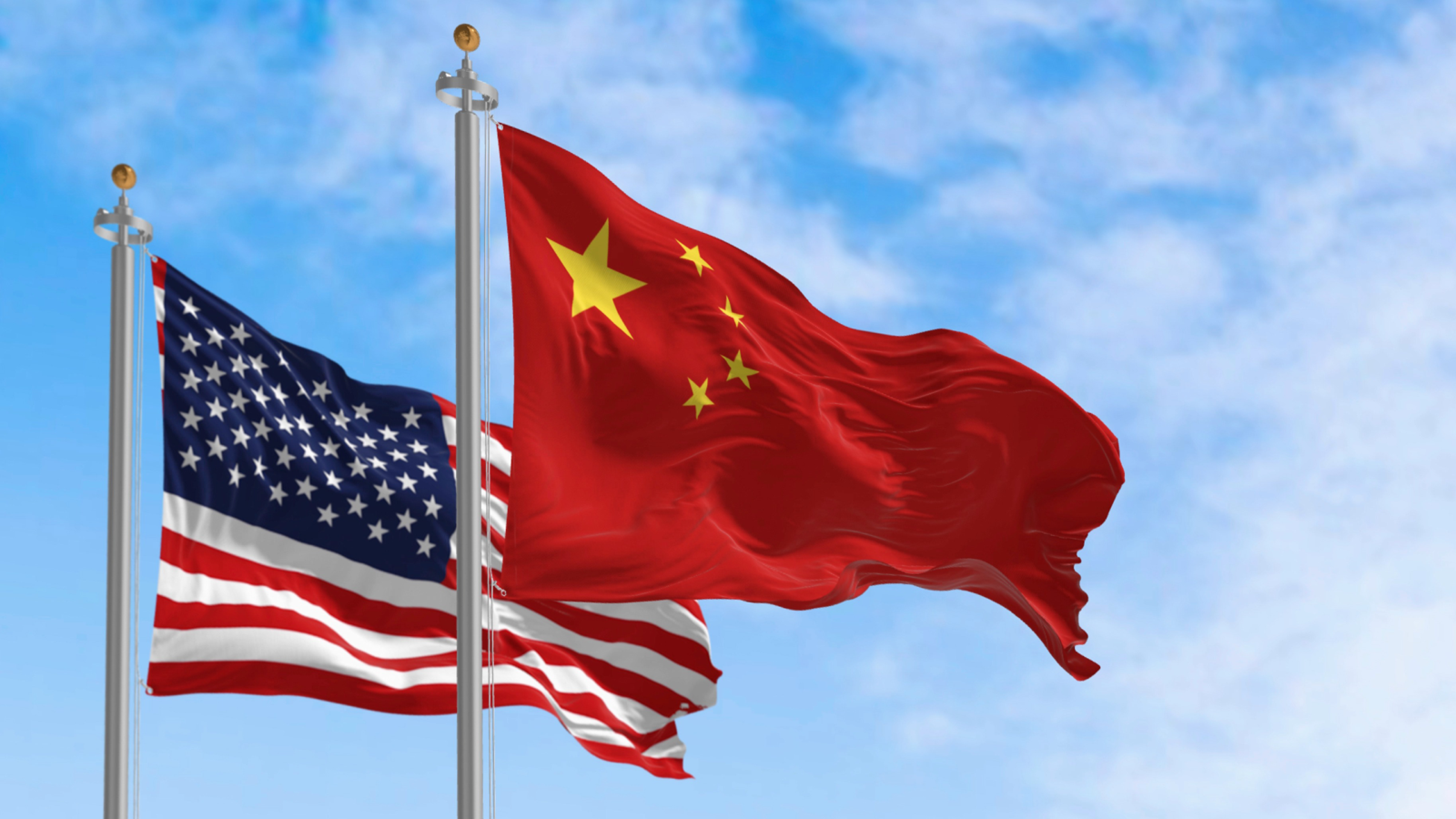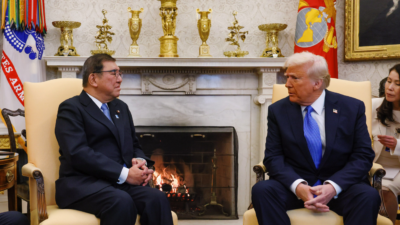World’s Biggest Scam Hub Takes a Pummeling
The Golden Triangle region has become arguably the greatest hub for online scams in the world, costing Americans billions per year.

Sign up for smart news, insights, and analysis on the biggest financial stories of the day.
There’s a porous international border, violent criminal syndicates, and a superpower calling for crackdowns. But we’re not talking about the part of the globe you think we are.
We’re referring instead to virtually lawless territory in Myanmar in the so-called Golden Triangle region. Whether you’ve heard of it or not, it’s become arguably the greatest hub for online scams in the world, costing Americans billions per year and leaving regional superpower China agitating for action. Officials announced progress last week, but many say it’s not good enough.
“Pig Butchering” in the Rainforest
Civil war broke out in Myanmar after a 2021 military coup, creating a power vacuum in parts of the country’s Kayin State, which has been filled by criminal syndicates and Myanmar militias. They’ve become so dominant that the country is now ranked number one on the Global Organized Crime Index, above cartel hubs Colombia and Mexico.
The criminal organizations are involved in your typical mafioso activities like drug trafficking and illegal gambling. But what makes them stand out are sprawling compounds of literal fraud factories amid the rainforests. Gangs lure people with false promises of work or business opportunities and then enslave them at these facilities. Victims are forced, under threat of torture, to carry out so-called “pig butchering” scams — long cons where they dangle promises of romance or investment opportunities to social media or dating-app users, tricking the unwary into sending money.
The UN estimates 120,000 people in Myanmar and 100,000 in Cambodia could be trapped in these facilities. The United States Institute of Peace estimated last year that criminal groups in Southeast Asia are pocketing $64 billion per year from scams, $3.5 billion of that from Americans. Now, officials say they’ve landed some significant blows against the gangs:
- Chinese nationals make up a large share of the human trafficking victims — Beijing has issued travel warnings in southeast Asia and a famous Chinese actor was abducted last month (he was later freed). China heralded a series of raids carried out last week alongside Thai and Myanmar authorities that freed thousands.
- Thai Prime Minister Paetongtarn Shinawatra said Friday that her country has also shut down 2 million bank accounts connected to the criminal networks. Earlier this month, she suspended electricity, fuel supplies and internet connections from her country to the border areas where scam factories operate: China’s Xinhua News Agency reported that Thai police said scam-related crime has since fallen 30% in Myanmar.
Untouched Kingpins: Thai opposition politician Rangsiman Rome, a prominent advocate for stronger crackdowns, told Reuters that he believes there could be as many as 300,000 people in the scam centers. “The empire of the scam is still there, we’re just shaking them,” he told the news agency, noting that major kingpins involved haven’t been toppled.











